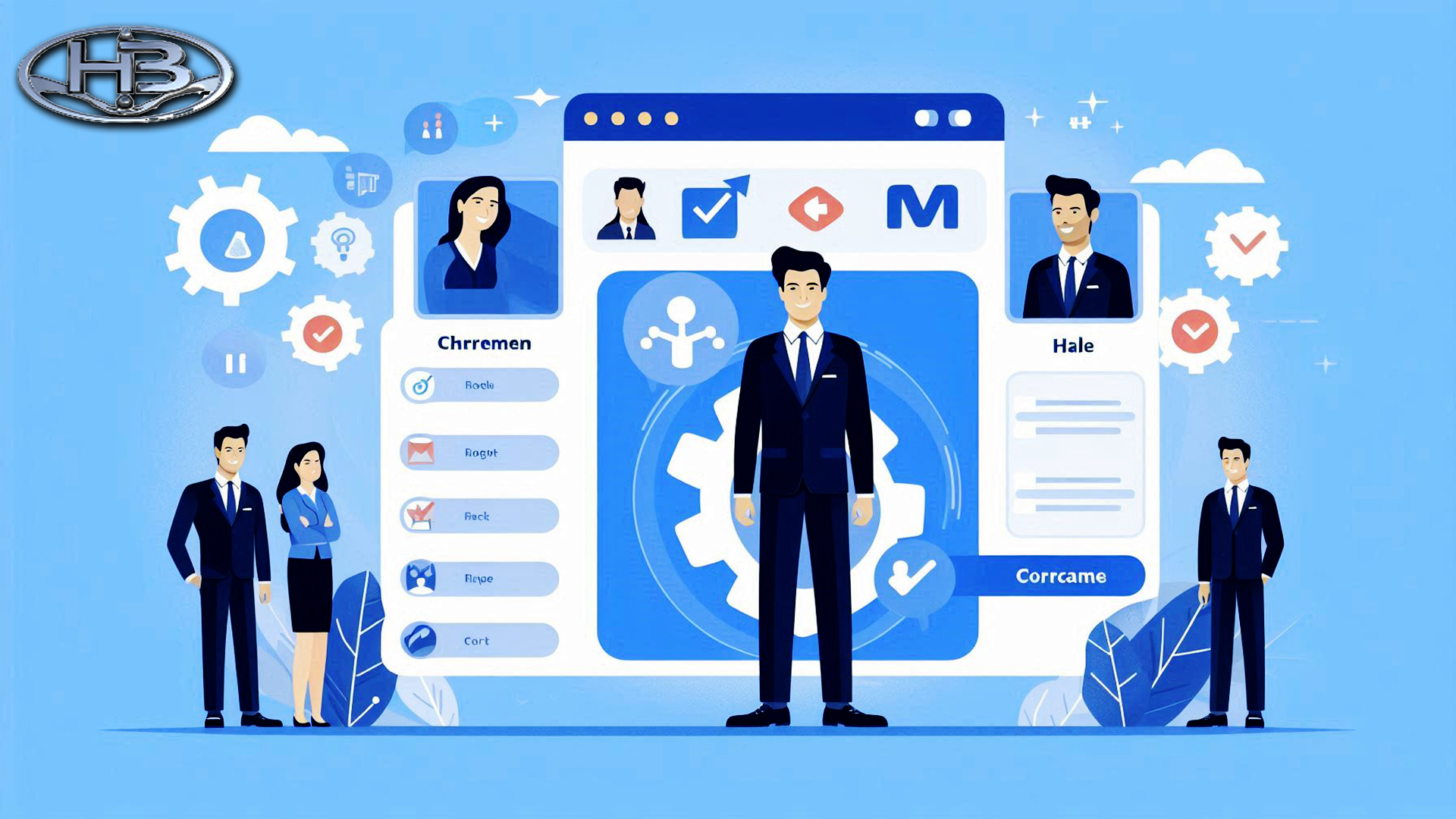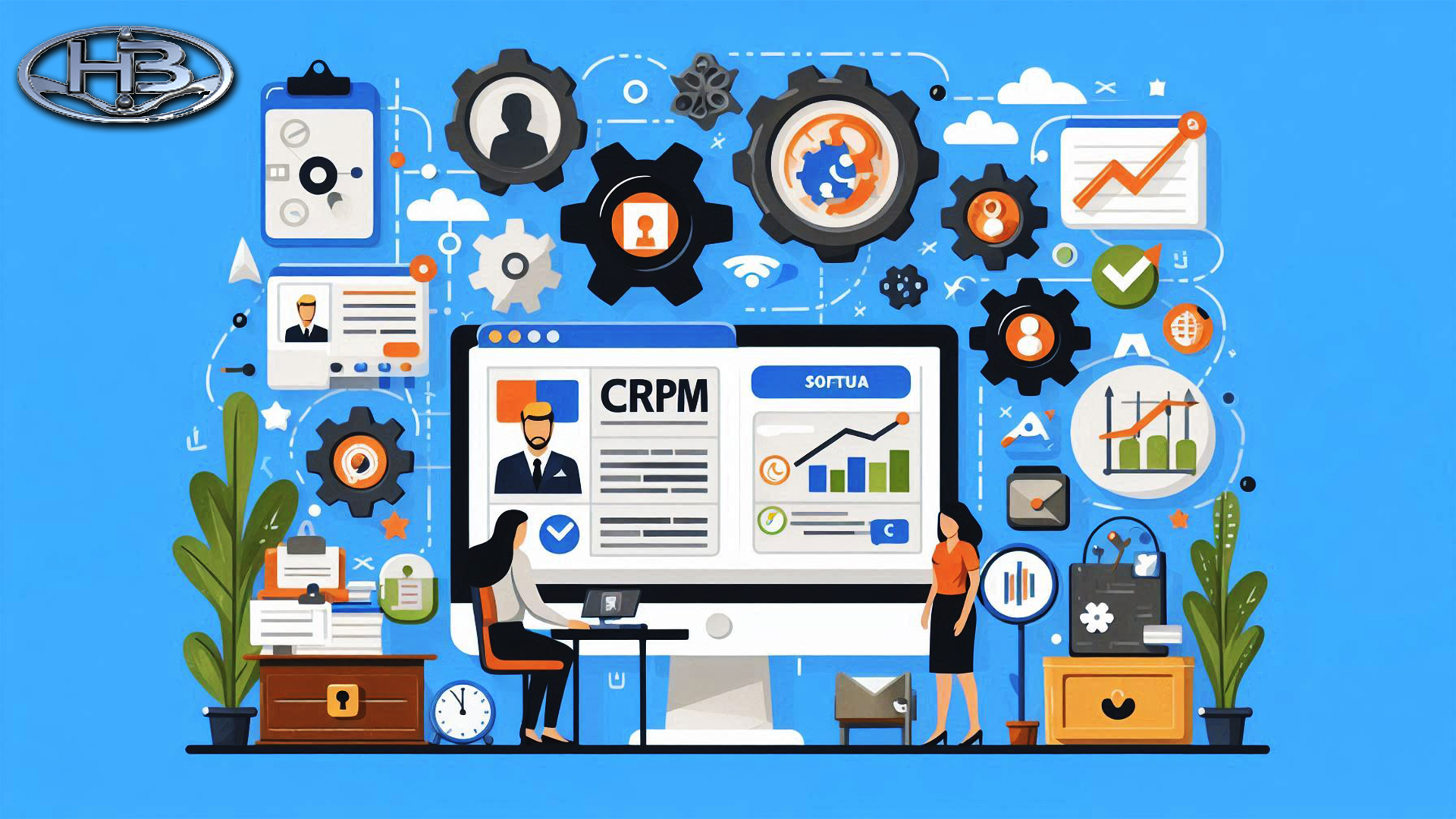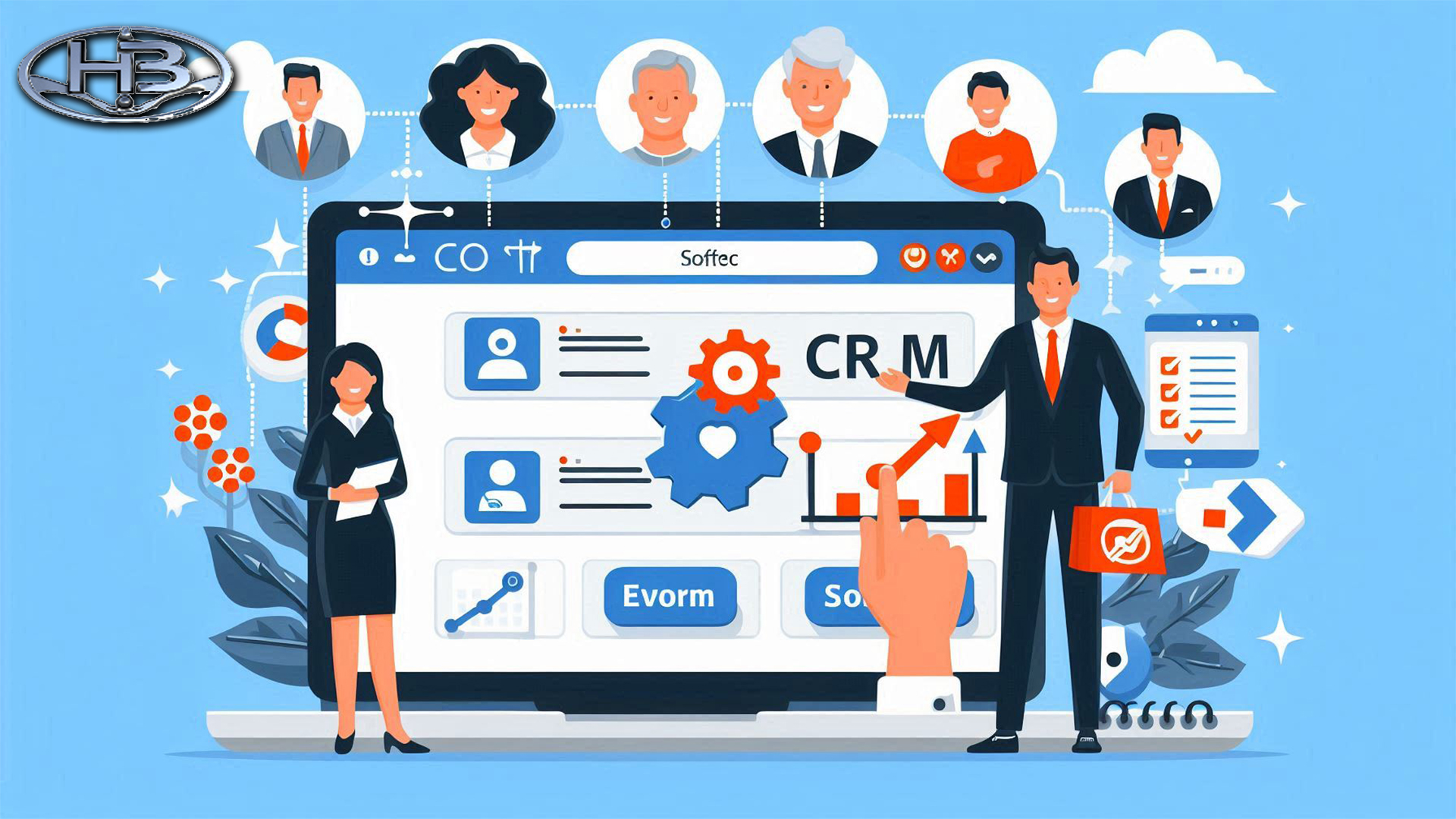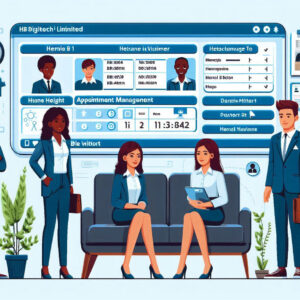Description
Customer Relationship Management (CRM) software is a technology solution that helps businesses manage and analyze customer interactions and data throughout the customer lifecycle. The goal is to improve business relationships with customers, assist in customer retention, and drive sales growth.
Here is a summary of the key features typically found in CRM software:
1. Contact and Account Management
Centralized Database: This is the core of any CRM. It provides a single, unified view of every customer and prospect, storing all essential information like names, contact details, company information, and communication history.
360-Degree Customer View: The system compiles a comprehensive profile of each customer, including their past purchases, support tickets, social media activity, and all previous interactions with your company across different departments (sales, marketing, customer service).
2. Sales Force Automation (SFA)
Lead Management: This feature helps track leads from initial contact to conversion. It often includes lead scoring to prioritize the most promising leads and automation for distributing leads to the right sales reps.
Sales Pipeline Management: It provides a visual representation of your sales pipeline, allowing you to track the progress of deals through different stages (e.g., prospecting, qualification, proposal, closing). This helps sales teams stay organized and provides managers with a clear overview of sales performance.
Opportunity and Task Management: Sales reps can manage their opportunities, set reminders for follow-up tasks, schedule meetings, and log all communication (emails, calls, notes) directly within the CRM.
Sales Forecasting: Using historical data and current pipeline information, the CRM can generate forecasts to help predict future sales and revenue.
3. Marketing Automation
Campaign Management: CRM systems help create, manage, and track marketing campaigns across various channels, such as email, social media, and paid ads.
Lead Nurturing: It automates the process of nurturing leads with targeted, personalized content based on their behavior and where they are in the sales funnel.
Audience Segmentation: This feature allows you to divide your contacts into specific groups based on shared characteristics (e.g., location, purchase history, interests) to deliver more relevant marketing messages.
4. Customer Service and Support
Case and Ticket Management: This allows customer service teams to track, prioritize, and resolve customer issues efficiently. Each support request is logged as a “ticket,” ensuring no query is lost or forgotten.
Knowledge Base: A built-in knowledge base or FAQ section provides customers with self-service options, reducing the load on support teams.
Omnichannel Support: A modern CRM integrates communication from all channels—phone calls, email, live chat, social media, and more—into a single platform, ensuring a consistent customer experience.
5. Analytics and Reporting
Dashboards: Customizable dashboards provide a real-time, at-a-glance view of key performance indicators (KPIs) like sales revenue, lead conversion rates, and customer service response times.
Custom Reports: Users can generate detailed reports to analyze sales trends, marketing campaign effectiveness, customer behavior, and team performance.
Predictive Analytics: Advanced CRMs use AI to analyze customer data to identify patterns, predict customer churn, and recommend up-selling or cross-selling opportunities.
6. Integration and Customization
Third-Party Integrations: A robust CRM can seamlessly connect with other business tools, such as email clients (Gmail, Outlook), accounting software (QuickBooks), e-commerce platforms (Shopify), and communication tools (Slack).
Customization: Businesses can tailor the CRM to their specific needs by adding custom fields, creating unique workflows, and designing dashboards that reflect their business processes.
Mobile CRM: A mobile app allows sales reps and other employees to access customer data, update records, and manage tasks on the go, improving productivity and responsiveness.
7. Automation
Workflow Automation: This feature automates routine, manual tasks, such as sending follow-up emails after a sales call, assigning leads to a sales rep, or updating a customer record.
AI and Machine Learning: AI-powered features can automate data entry, generate personalized email content, and provide smart recommendations to sales and marketing teams.











Reviews
There are no reviews yet.